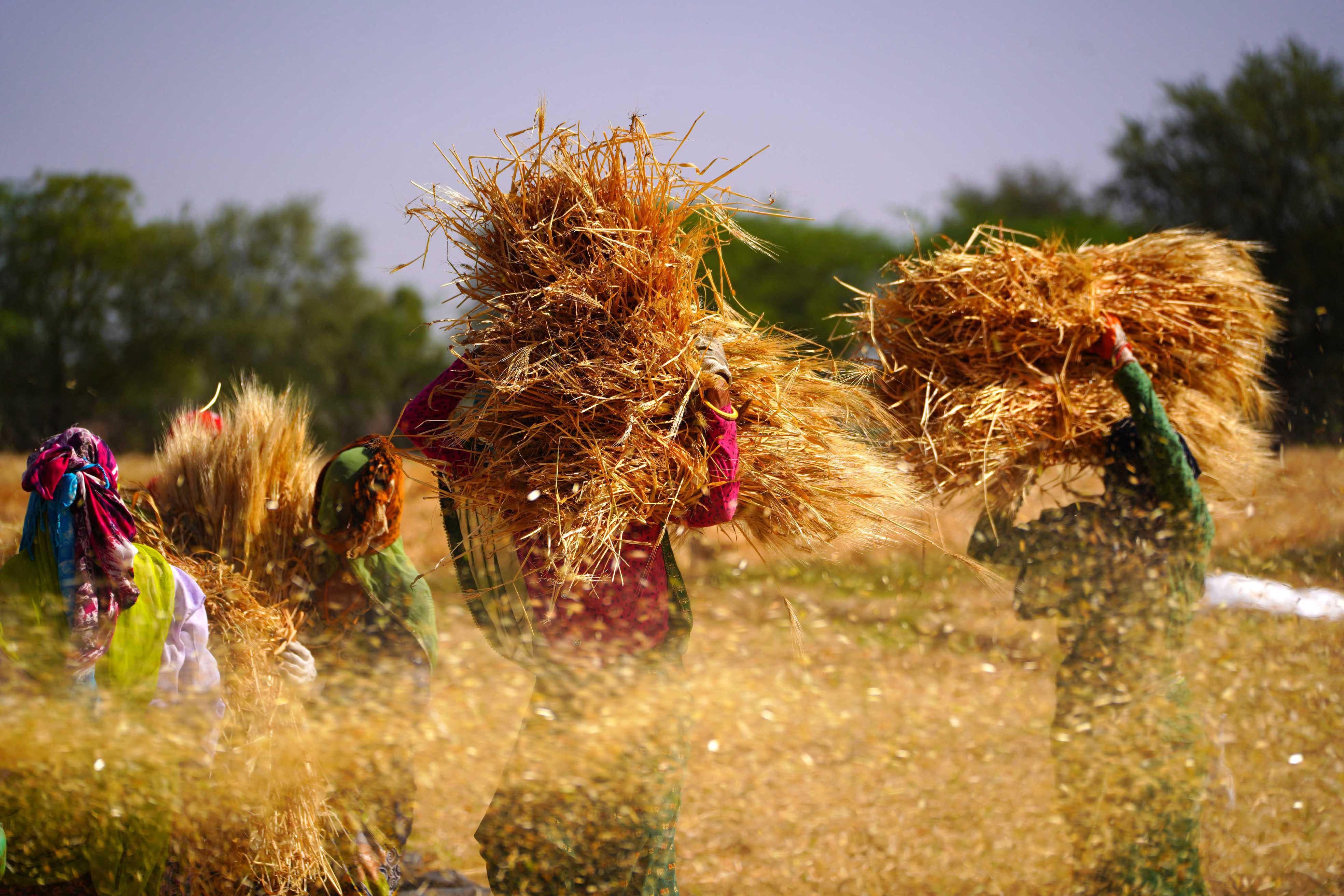Hard Numbers: Less wheat for poor Indians, Ukraine gets US Javelins, zero-COVID costs China, pages for pardons
60: India’s government plans to slash the amount of wheat it provides to the poor by about 60%, replacing it mostly with rice. The world’s second-largest wheat producer, India has been hit hard by a heatwave, upending its plans to help feed the world amid the war between major wheat exporters Russia and Ukraine.
7,000: The US has sent at least 7,000 Javelin missiles to Ukraine in recent years, including during the Trump administration. During a visit to a Lockheed Martin plant Tuesday, President Joe Biden said some Ukrainians are now naming their newborns "Javelin" or "Javelina."
1.5: Zero-COVID is not only slowing down the Chinese economy — enforcing the policy and tracking infections is also coming at a heavy price. Mass-testing across all of China’s cities with populations above 3 million this year could cost China up to 1.5% of its GDP in 2021.
47: Wanna do less time in Bolivia? Grab a book. The government has launched a program to decongest 47 of its notoriously overcrowded prisons by letting inmates shave days or even weeks off their sentences in exchange for reading books.